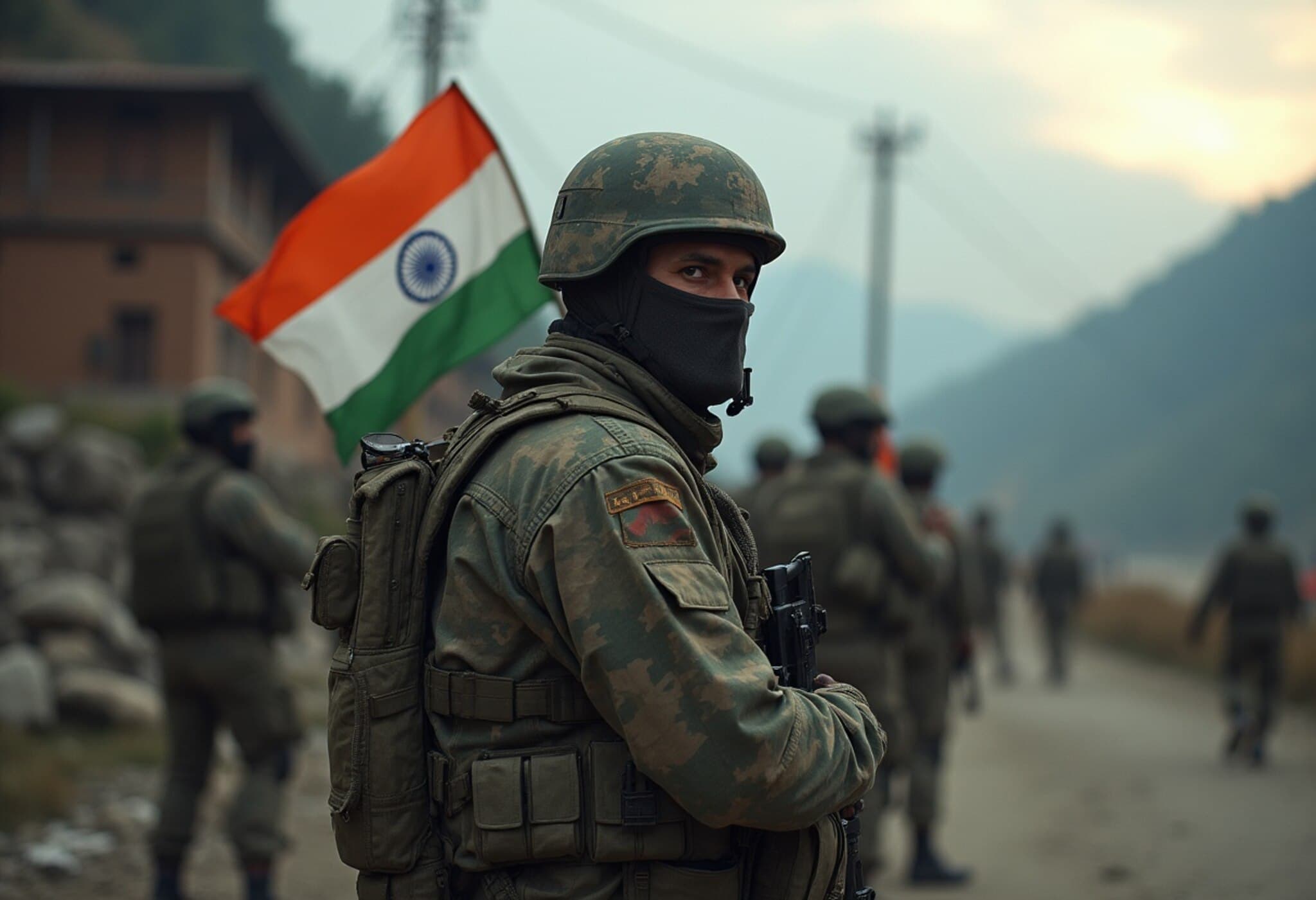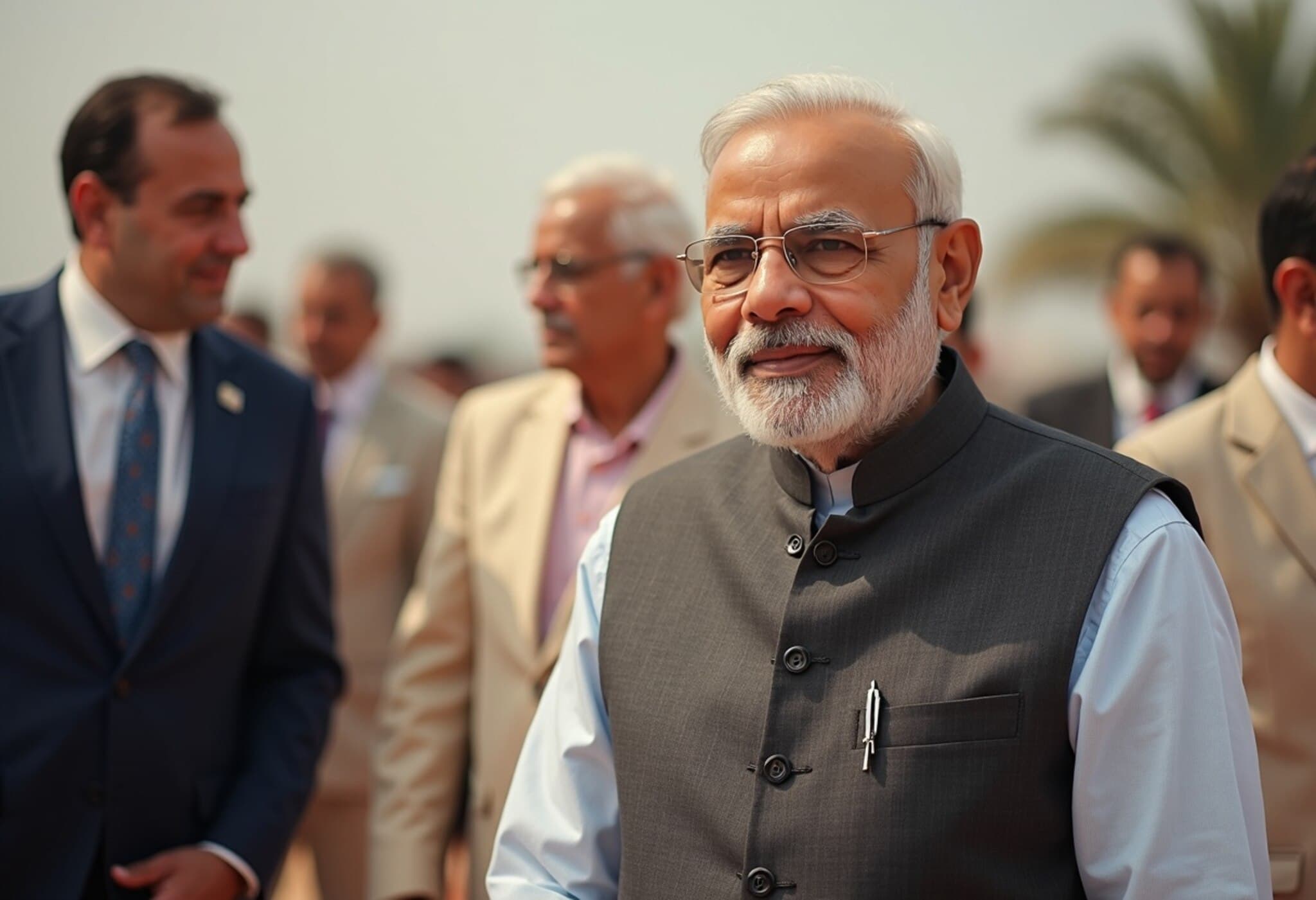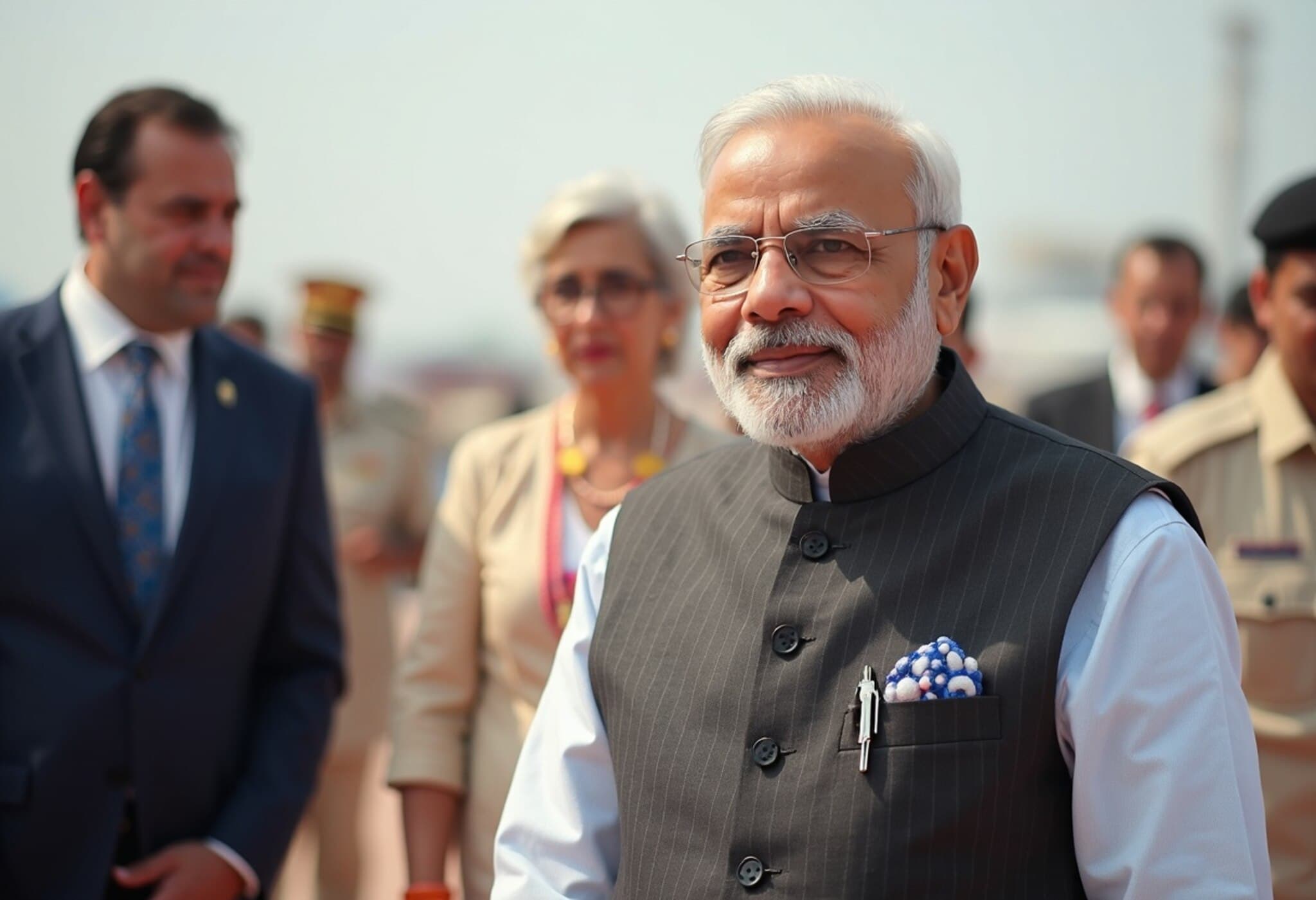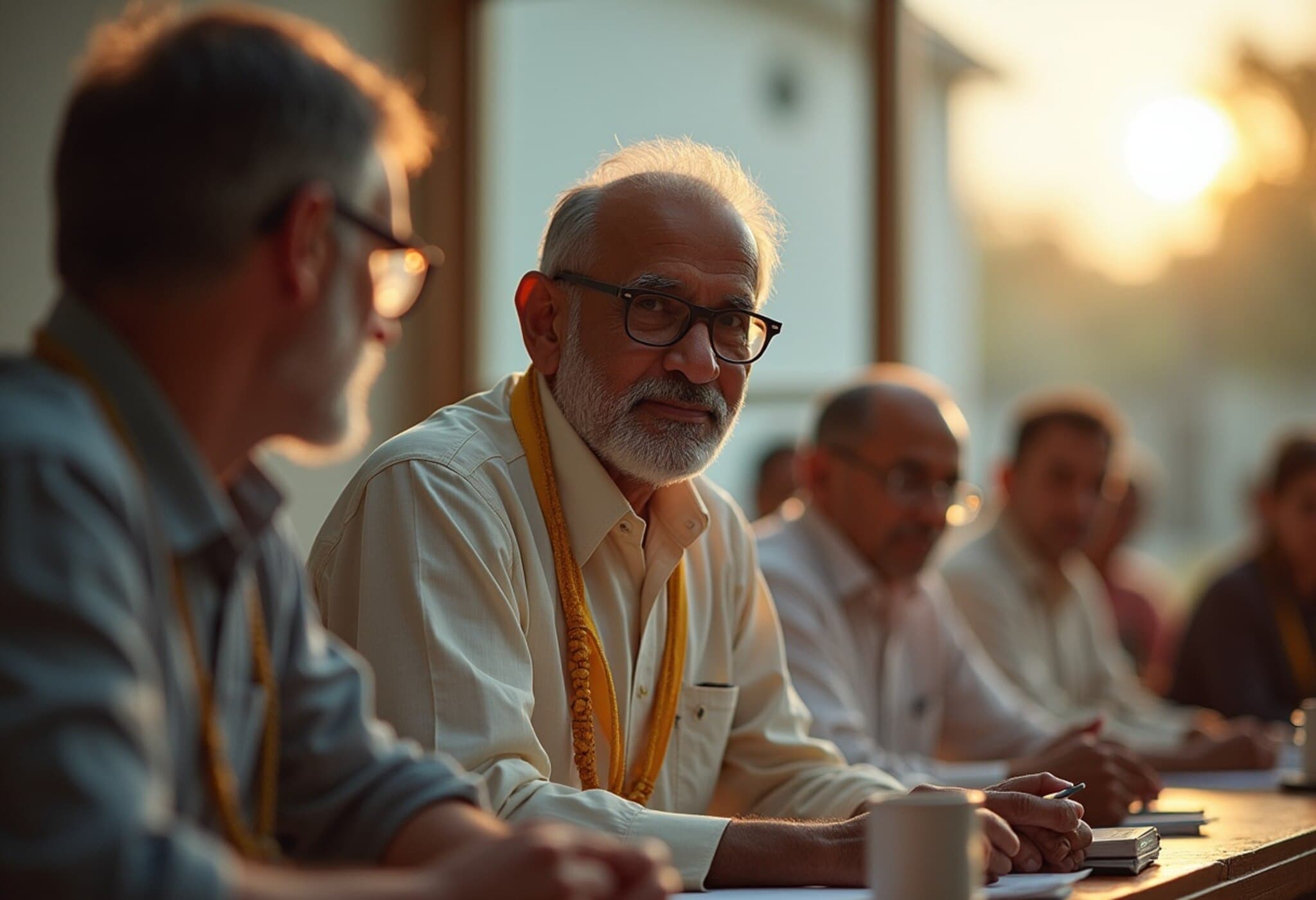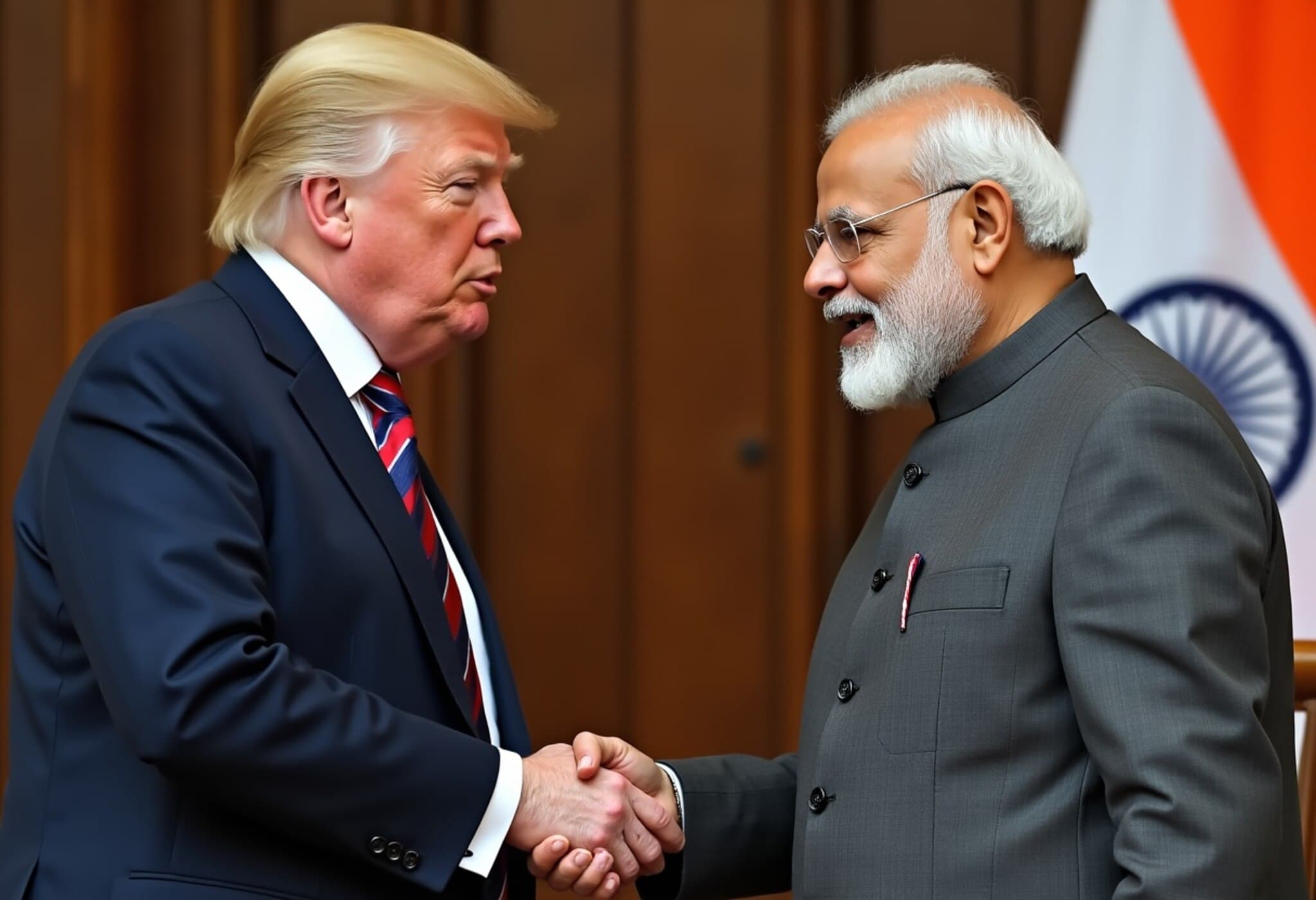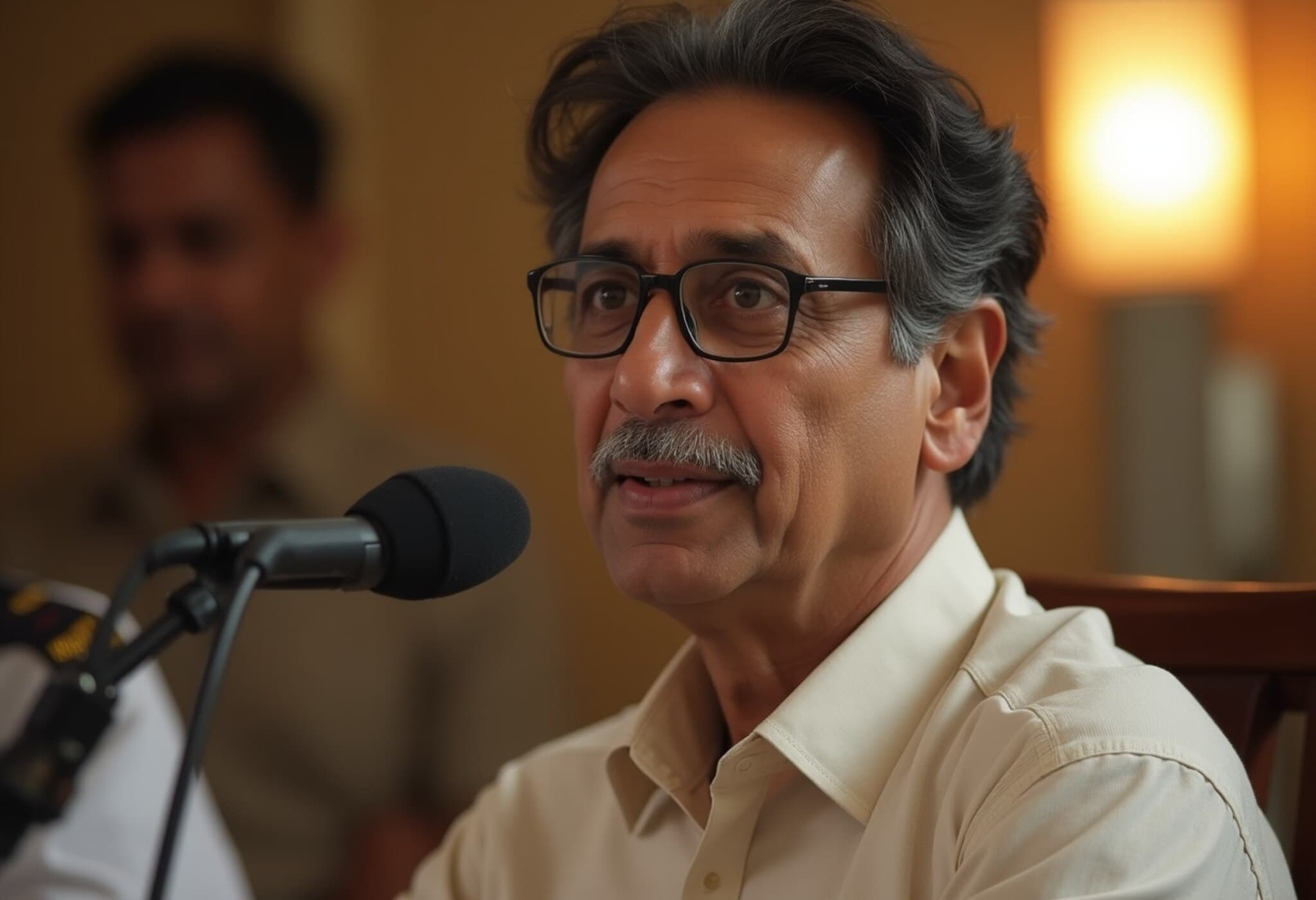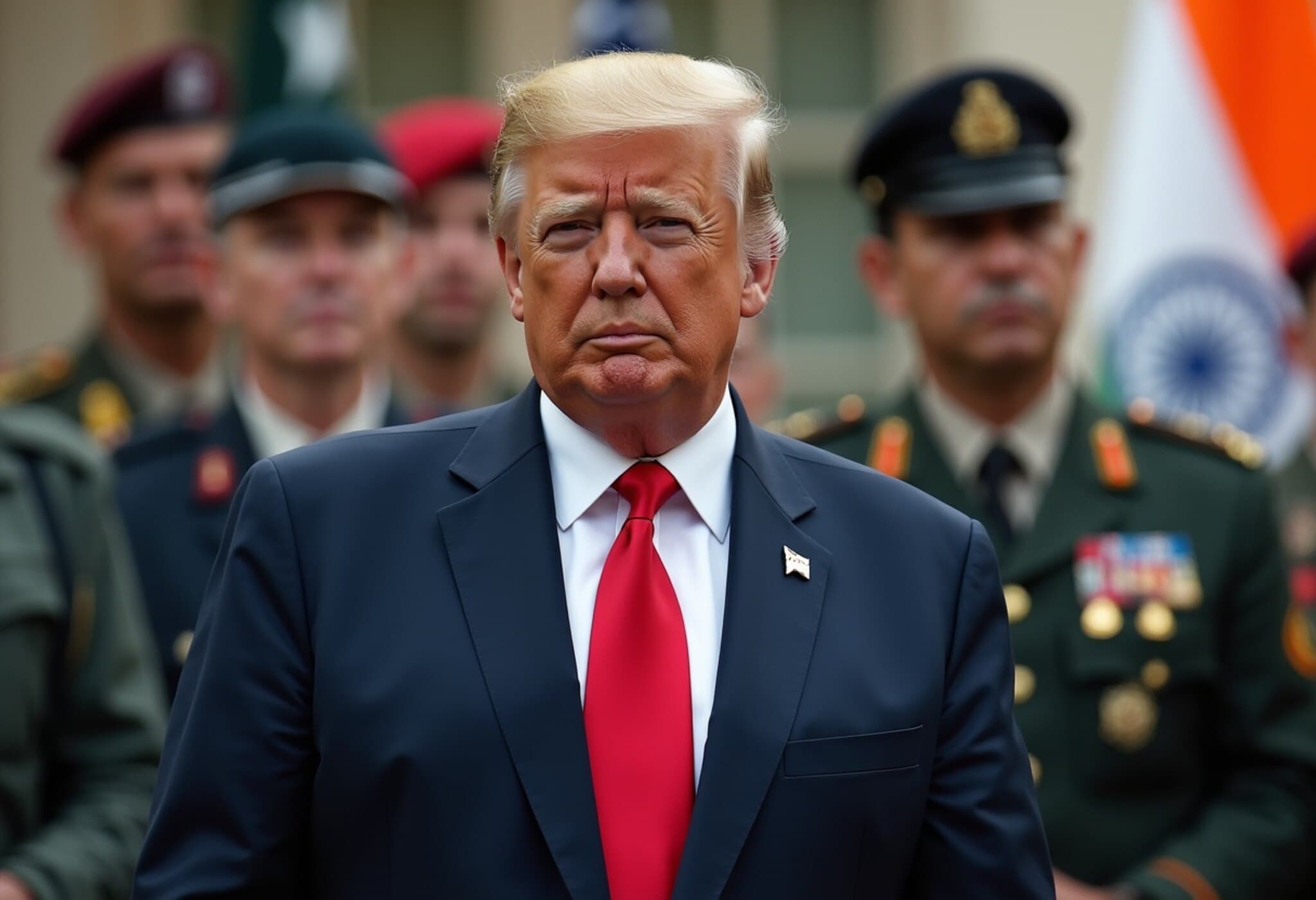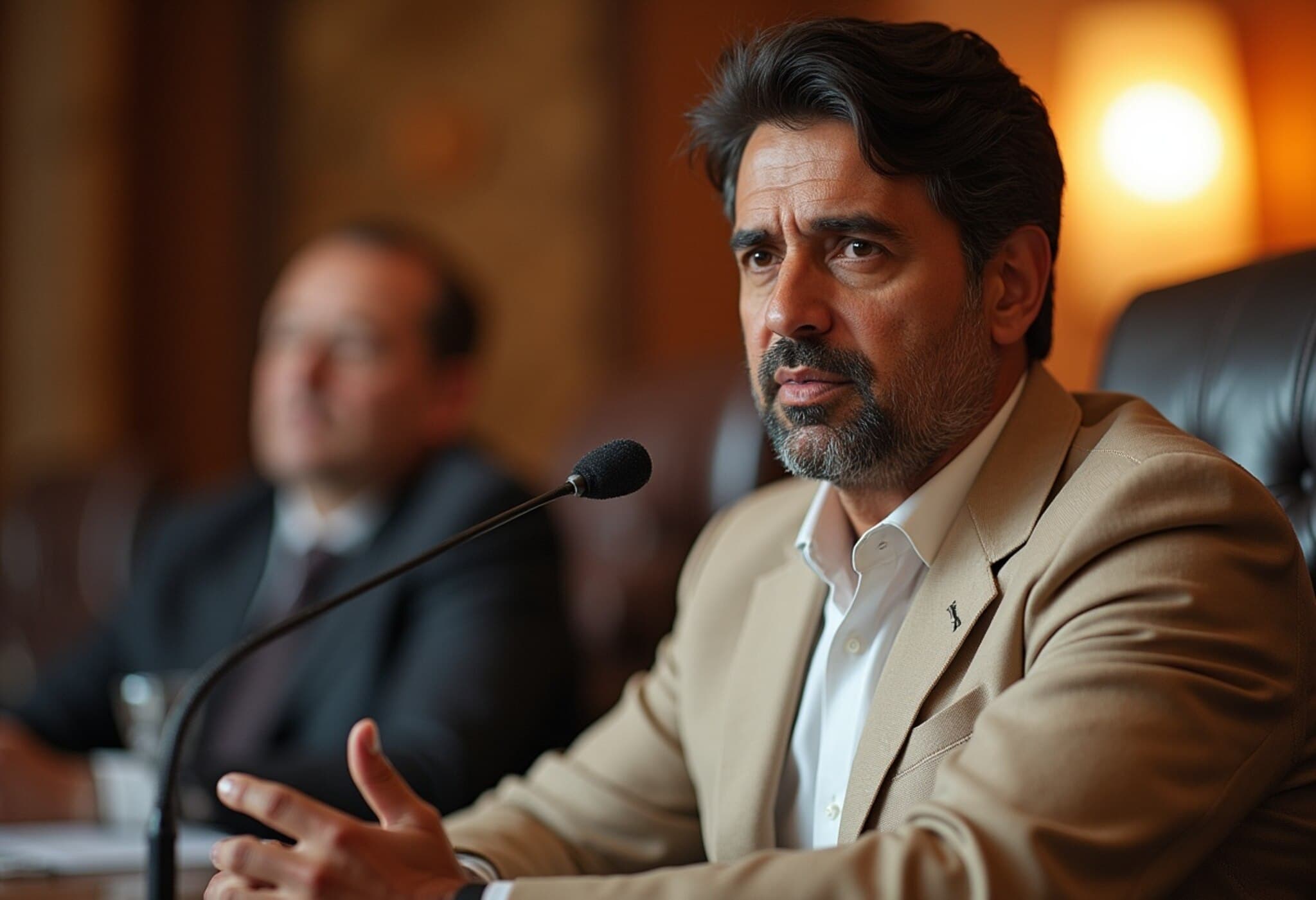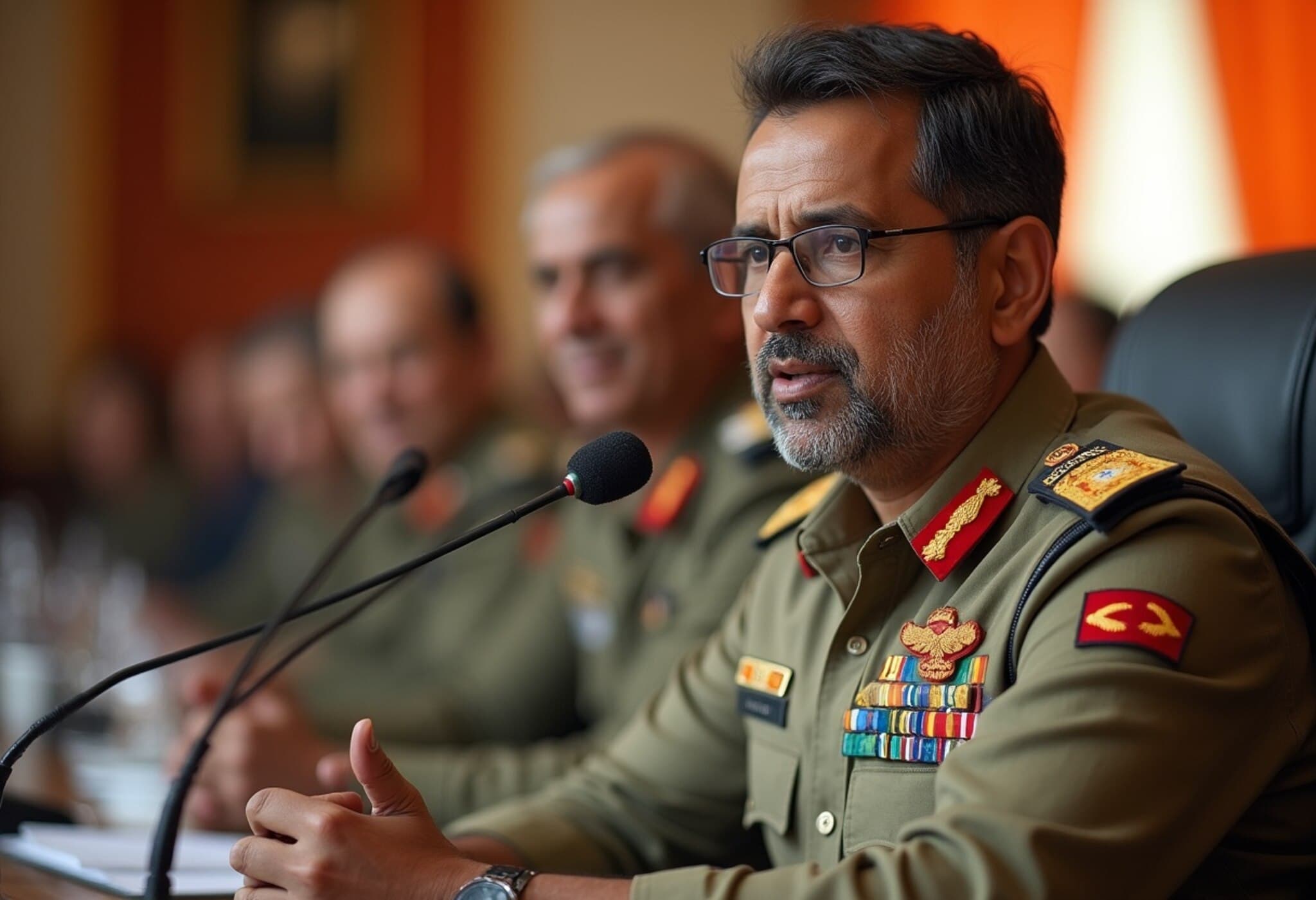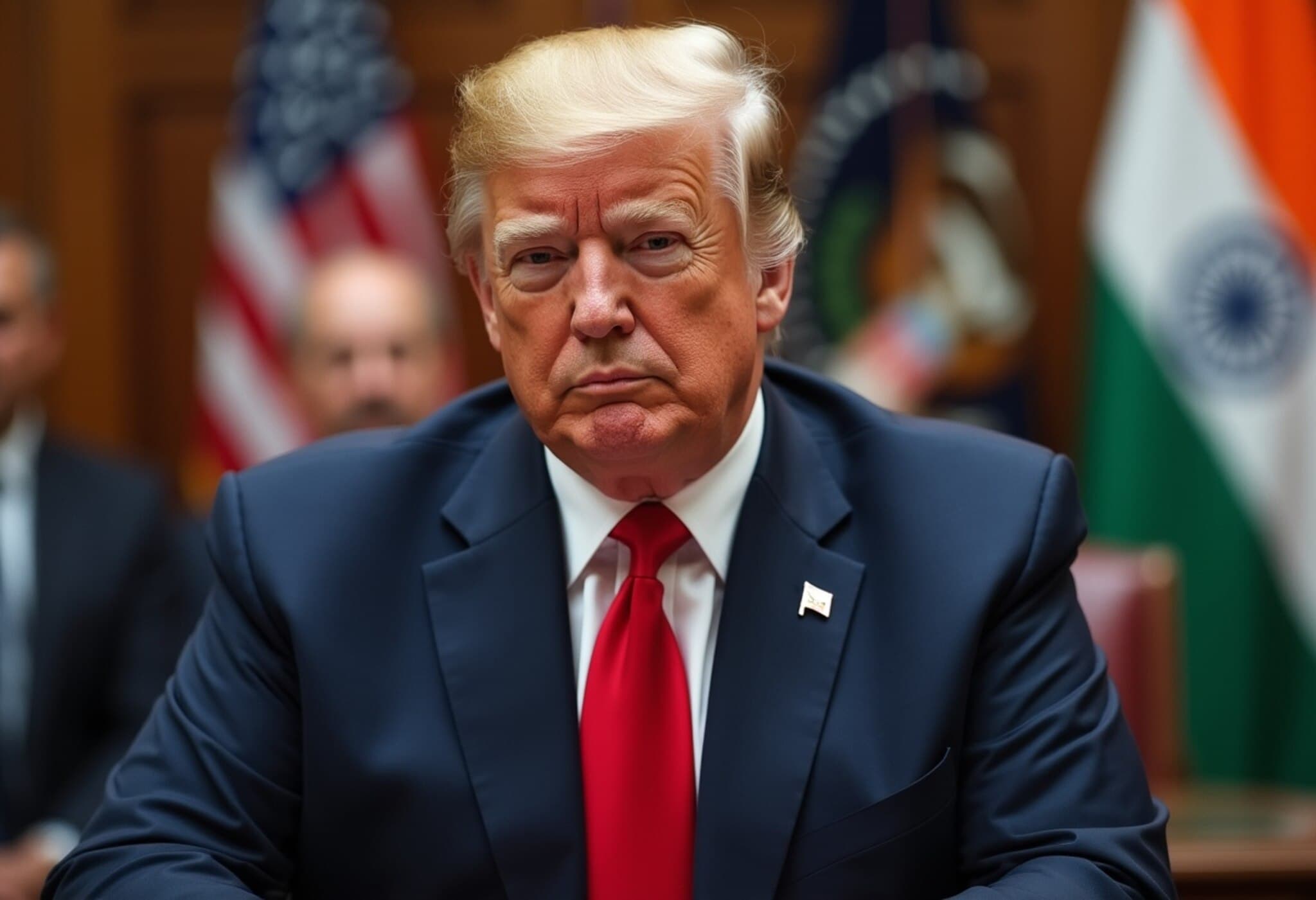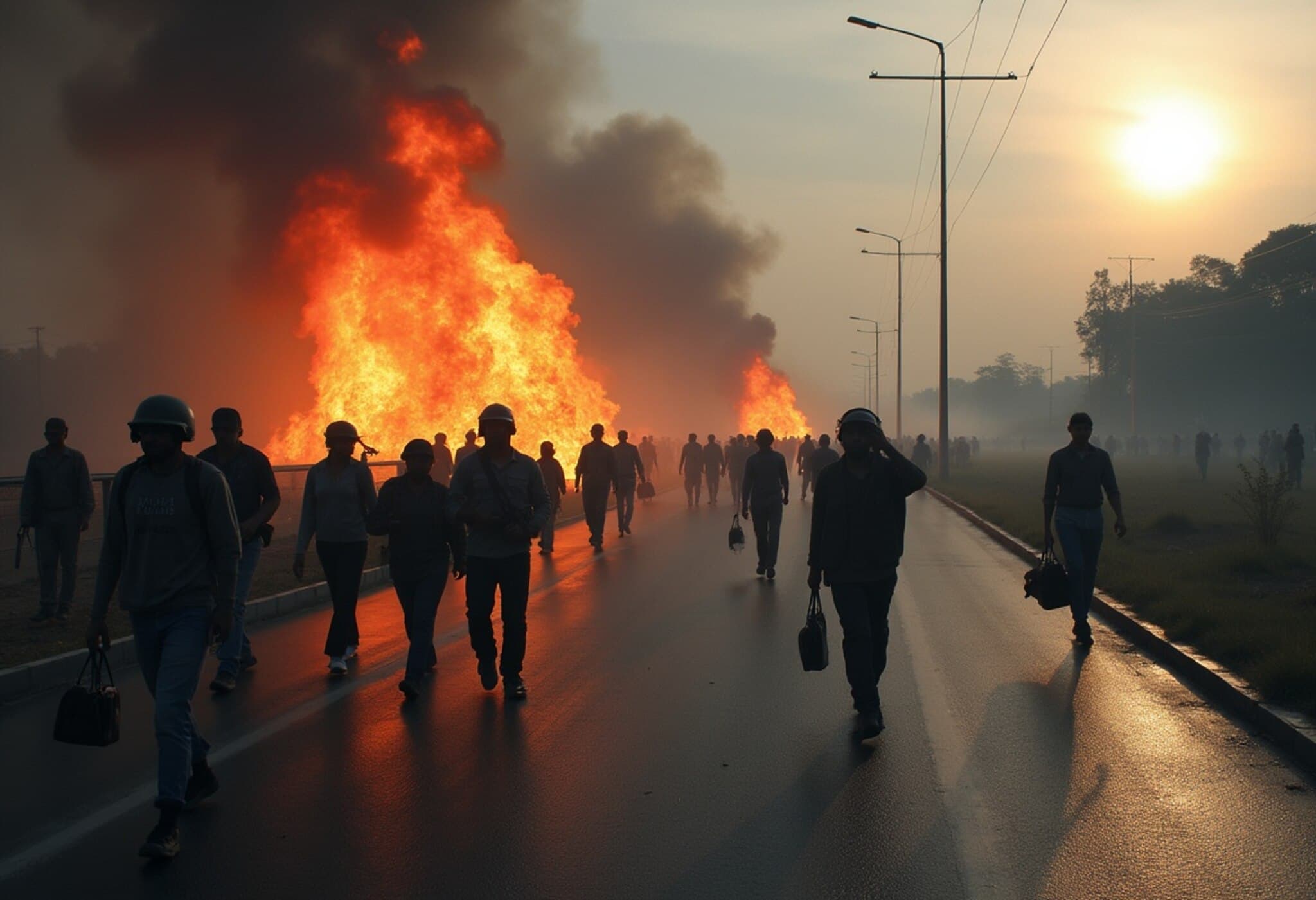India’s Efforts to Curb Pakistan’s Global Standing After Pahalgam Terror Incident
In a recent session of India’s Rajya Sabha, the Ministry of External Affairs (MEA) provided detailed insights into how New Delhi has actively worked to diplomatically marginalize Pakistan on the international front in the aftermath of the tragic Pahalgam terror attack of April 2025. This response came amid questions raised by opposition MP Javed Ali Khan regarding India’s approach to countering Pakistan’s influence, especially considering Pakistan’s role as Vice Chair of the United Nations Security Council’s (UNSC) Counter Terrorism Committee for 2025.
Context: The Pahalgam Terror Attack and Its Aftermath
The Pahalgam terror attack, which claimed the lives of 26 civilians, is considered one of the deadliest militant assaults on Indian soil in recent years. The attack, orchestrated by The Resistance Front (TRF) — a front group linked to the notorious Pakistan-based terrorist organization Lashkar-e-Taiba (LeT) — triggered a tense four-day military escalation between India and Pakistan.
Following this grave incident, India undertook a multifaceted diplomatic campaign to highlight Pakistan’s role in harboring terrorist elements, aiming to gather stronger global condemnation and isolate Islamabad on terrorism-related matters.
India’s Diplomatic Response and Its International Impact
- Persistent Sensitization: According to the MEA, India has systematically engaged and sensitized key international interlocutors about the persistent threat of cross-border terrorism emanating from Pakistan.
- UN Engagement: Despite Pakistan’s appointment as one of the vice-chairs of the UN Counter Terrorism Committee for 2025, India has previously chaired this committee (in 2011 and 2022), demonstrating its enduring role in global counter-terrorism efforts.
- Sanctions and Listings: A central achievement highlighted by India is the inclusion of Pakistan-based terrorist factions under the UNSC 1267 Sanctions Committee, reflecting international acknowledgment of these threats.
- Global Awareness and Support: The MEA asserted that the global community now better understands India’s security concerns regarding Pakistan-sponsored terrorism. A clear example is the UN Security Council’s press statement post-Pahalgam attack, which explicitly called for accountability for those organizing and sponsoring terrorist acts.
- US Designation of Terror Groups: The United States designated The Resistance Front (TRF) as a Foreign Terrorist Organization (FTO) and a Specially Designated Global Terrorist entity (SDGT), a significant development that underscores the international consensus on combating terrorism linked to Pakistan.
Expert Insights: The Broader Implications for Indo-Pak Relations and Global Security
The MEA’s assertions reveal a carefully calibrated strategy by India to leverage diplomatic channels in curbing Pakistan’s influence on the global stage, particularly regarding terrorism. By pushing for international sanctions and leveraging platforms such as the UN, India aims to rally the international community to hold Pakistan accountable for cross-border terror activities.
However, this diplomatic push raises critical questions about the broader regional stability and the efficacy of sanctions in changing state behavior. Analysts observe that while such measures strain Pakistan’s international credibility, they also risk escalating tensions unless combined with back-channel dialogues and confidence-building initiatives.
Furthermore, the dynamics surrounding Pakistan’s role in the UN Counter Terrorism Committee spotlight the complexities inherent in global governance structures, where countries with contentious security records hold influential positions, complicating efforts to build unified responses to terrorism.
Looking Ahead: What This Means for Policy and Security
India’s approach reflects a long-term commitment to positioning itself as a responsible global actor championing counter-terrorism. This stance also aligns with broader US and Western priorities, especially post-Pahalgam, with coordinated actions like terrorism designations by the US Department of State reinforcing these efforts.
As India continues to emphasize accountability and international cooperation, the challenge lies in sustaining this momentum while navigating the intricacies of diplomatic relations with Pakistan, the volatile security situation in South Asia, and the global community’s diverse interests.
Editor’s Note
The unfolding diplomatic contest between India and Pakistan on the issue of terrorism underscores a deeper struggle for international legitimacy and influence. While India’s strategic sensitization of global interlocutors reflects adept diplomacy, the persistent threat of cross-border terrorism reminds us that global security is an intricate web requiring not only sanctions but also dialogue and reconciliation. Readers should watch how these diplomatic maneuvers evolve, considering their profound impact on regional peace and international counter-terrorism efforts.

